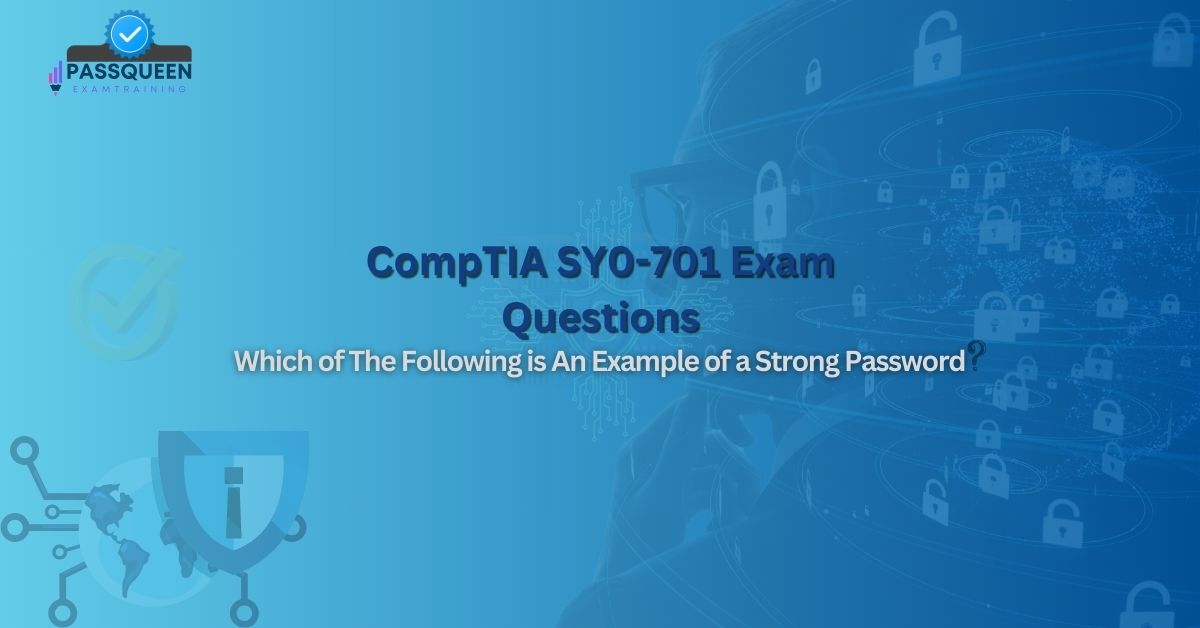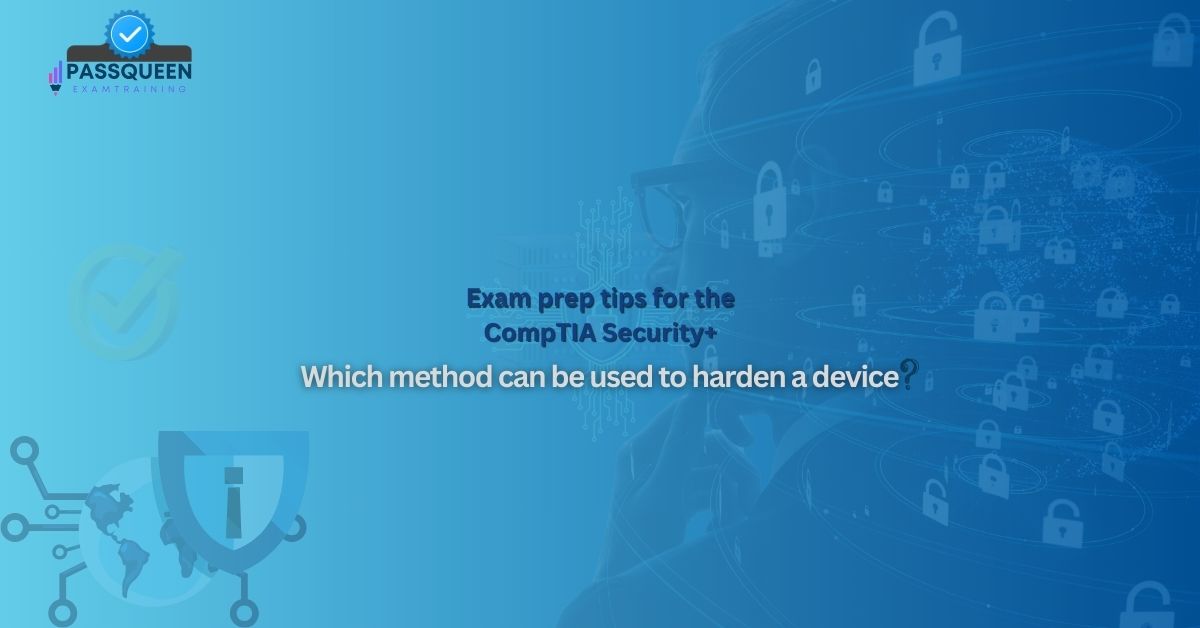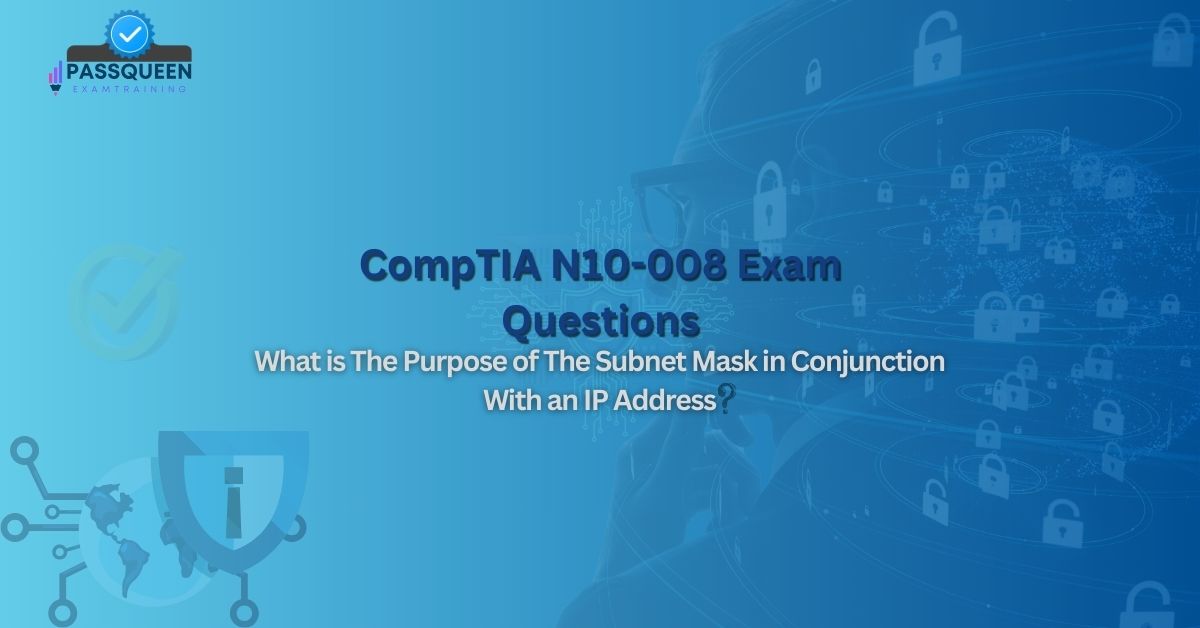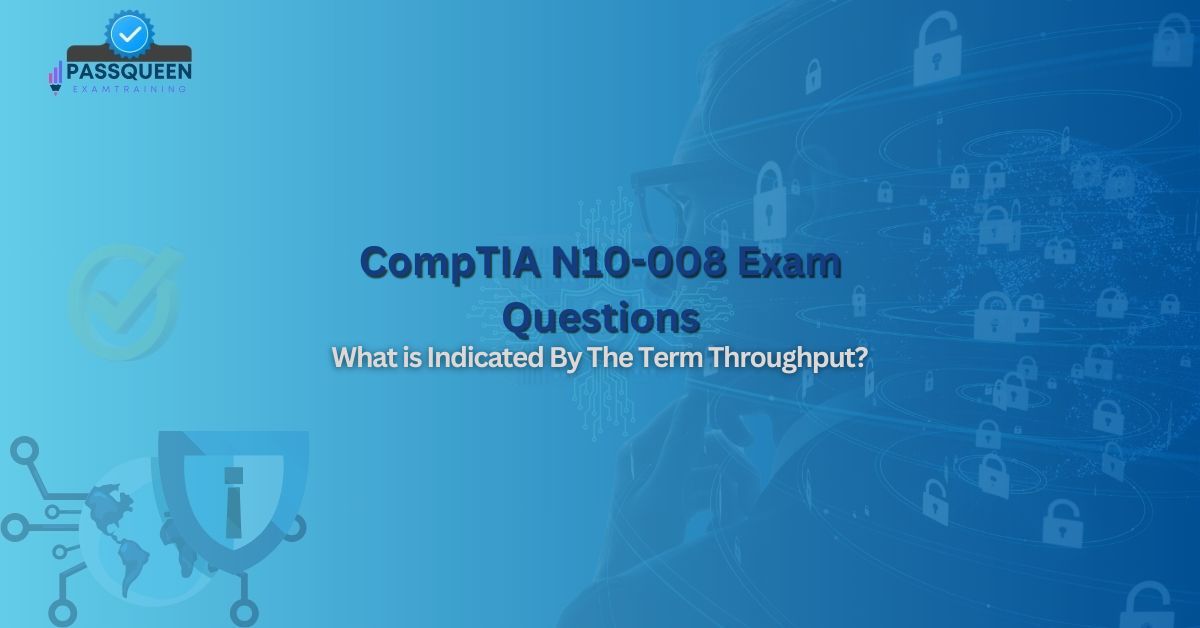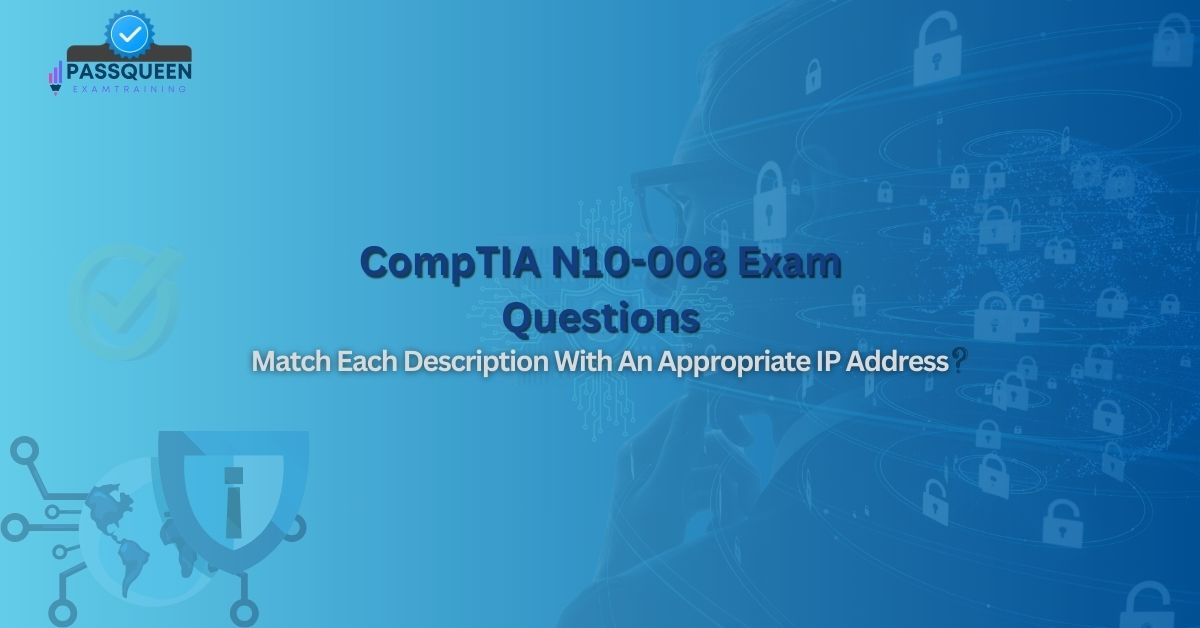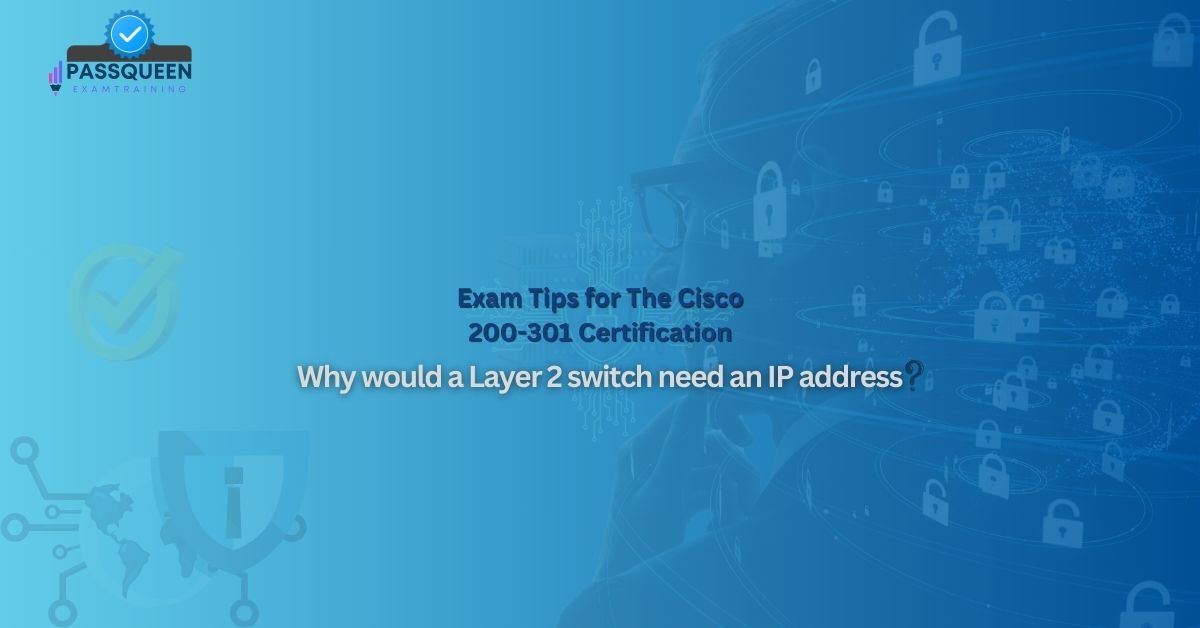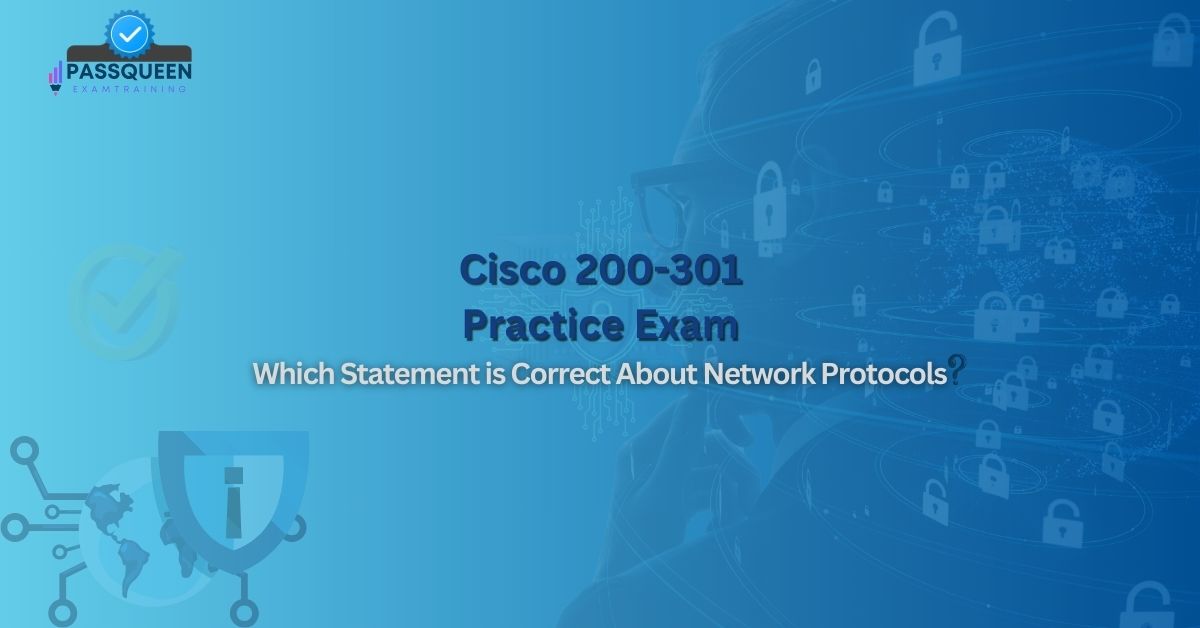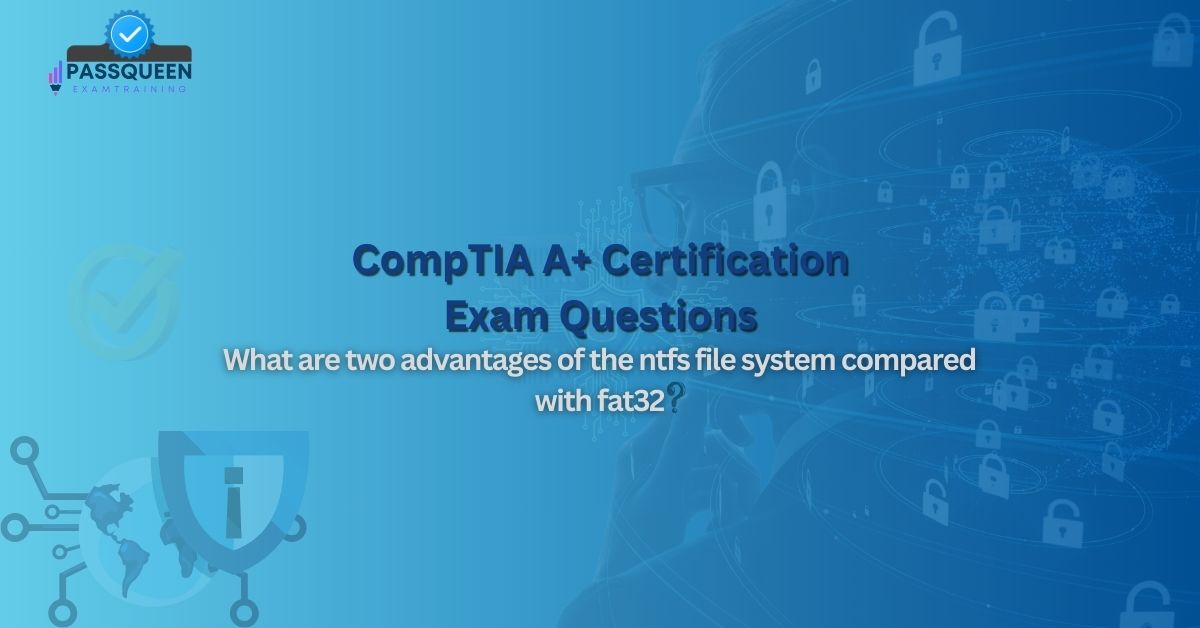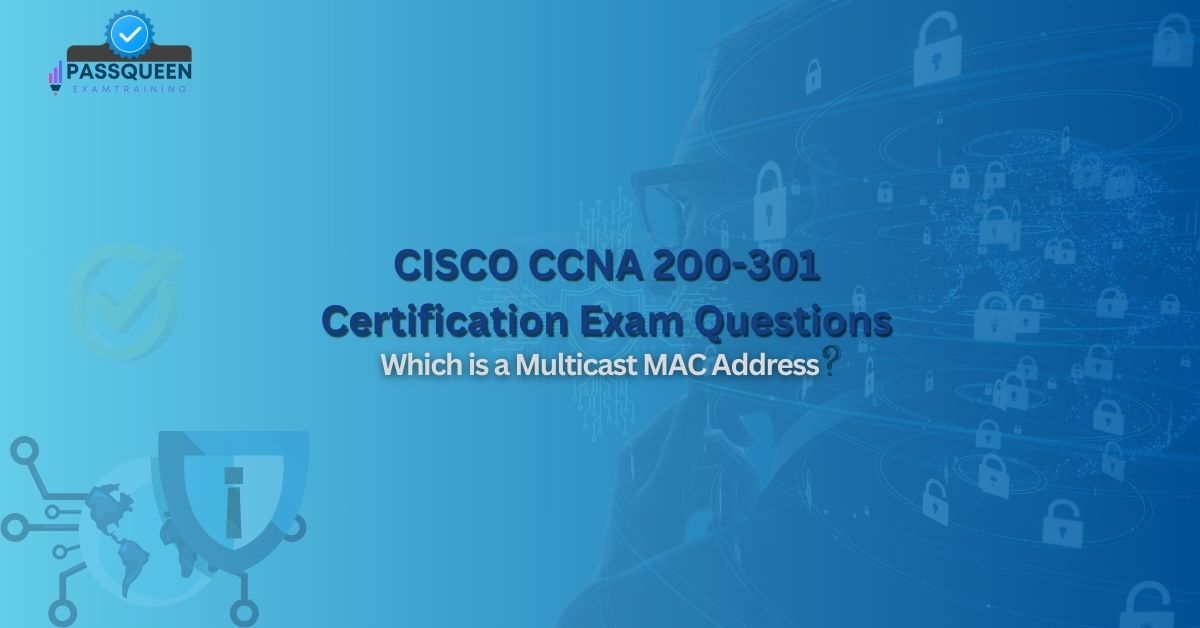Introduction
In today’s digital landscape, where cyber threats loom large, the humble password remains a frontline defense for securing systems and data. For professionals pursuing the CompTIA Security+ certification via the CompTIA SY0-701 Exam, understanding what makes a password strong—and why it matters—is a critical skill. A strong password isn’t just a string of characters; it’s a shield against unauthorized access. This article explores the characteristics of strong passwords, their purpose in security, and their relevance to the SY0-701 exam, highlighting how PassQueen empowers learners to master this foundational topic and excel.
The SY0-701 exam tests a candidate’s ability to implement and manage security measures, with password security being a key focus. From crafting robust passwords to recognizing weak ones, this knowledge is both theoretical and practical. PassQueen, with its expertly designed study materials, aligns perfectly with CompTIA’s objectives, offering the guidance and practice needed to ace the exam and apply these skills in real-world scenarios.
Characteristics of a Strong Password
A strong password is defined by specific traits that make it resistant to attacks like brute force, dictionary, or guessing attempts. These characteristics include:
- Length: At least 12-16 characters to increase complexity and the time required to crack it.
- Diversity: A mix of uppercase letters (A-Z), lowercase letters (a-z), numbers (0-9), and special characters (!, @, #, etc.).
- Unpredictability: No easily guessable patterns, such as sequential numbers (1234) or keyboard patterns (qwerty).
- Uniqueness: Not reused across multiple accounts or based on personal information (e.g., birthdays, names).
For example, a password like “Tr0ub4dor&x” combines length (11 characters, though ideally longer), diverse character types, and randomness, making it far stronger than “password123.” The SY0-701 exam emphasizes these traits, and PassQueen’s clear breakdowns ensure learners internalize them effectively.
Purpose of a Strong Password in Security
The primary purpose of a strong password is to protect sensitive data and systems by making unauthorized access exceedingly difficult. Passwords serve as the first layer of authentication, verifying a user’s identity before granting access to accounts, networks, or devices. A weak password invites exploitation—cybercriminals can crack it quickly, leading to data breaches, identity theft, or system compromise.
Strong passwords thwart common attack methods. Brute force attacks, which try every possible combination, falter against long, complex passwords due to the exponential time required. Dictionary attacks, using lists of common words, fail against random, non-word-based strings. In organizational contexts, strong passwords align with security policies, reducing vulnerabilities—a key SY0-701 concept. PassQueen’s materials emphasize this protective role, linking it to broader security principles tested in the exam.
Examples and Non-Examples of Strong Passwords
To illustrate, here are examples of strong passwords and non-examples of weak ones:
- Strong Passwords:
- G7$mP!v9kLq2 (12 characters, mixed types, random)
- R3kord$Breaking!2023 (20 characters, diverse, unique)
- !QwertyK3yboard$z (17 characters, complex, unpredictable)
- Non-Examples (Weak Passwords):
- password (short, predictable, dictionary word)
- 12345678 (short, sequential, no diversity)
- john1990 (personal info, easily guessable)
The difference is stark: strong passwords resist cracking, while weak ones crumble quickly. The SY0-701 exam often asks candidates to identify strong passwords, and PassQueen’s practice questions reinforce this distinction with real-world relevance.
Application to SY0-701 Exam Training
The SY0-701 exam, part of CompTIA Security+, tests password security in multiple ways. Multiple-choice questions might ask, “Which of these is a strong password?” with options varying in length and complexity. Performance-based tasks could involve configuring a password policy—setting minimum length or character requirements—or analyzing a breach caused by a weak password.
Password security ties into broader SY0-701 domains like threats, vulnerabilities, and identity management. For instance, understanding strong passwords complements knowledge of multi-factor authentication (MFA) or phishing mitigation. PassQueen’s training resources excel here, offering SY0-701-aligned dumps and scenarios that mirror exam challenges, ensuring learners can apply password principles confidently.
Best Practices for Creating Strong Passwords
Creating strong passwords involves actionable strategies, many of which are SY0-701-relevant:
- Use Passphrases: Combine random words with symbols and numbers (e.g., Blue!Sky7Rain). Passphrases are long yet memorable.
- Avoid Personal Info: Exclude names, birthdays, or pet names that attackers can guess from social media.
- Incorporate Variety: Mix character types unpredictably (e.g., K9$pLendid!vY).
- Leverage Password Managers: Generate and store complex passwords securely, a practice endorsed in SY0-701.
- Update Regularly: Change passwords periodically, especially after a potential breach.
- Test Strength: Use online tools to evaluate password robustness.
PassQueen’s guides detail these practices, linking them to exam objectives and real-world security policies, making them second nature for learners.
Practical Exam Scenario
Imagine this SY0-701 scenario: You’re an IT admin tasked with investigating a breached user account. The compromised password was Summer2023. Analysis reveals it was cracked via a dictionary attack due to its simplicity and predictability. The exam question asks: “What should the user have done differently?”
Answer: Adopt a strong password like W1nt3r$now!9vQ—longer, diverse, and random—paired with MFA. This scenario tests password strength recognition and mitigation strategies, areas where PassQueen’s practice exams shine. Its detailed feedback explains why Summer2023 failed and how to improve, preparing learners for similar tasks.
Study Tips to Prepare for SY0-701 Exam
Mastering strong passwords for SY0-701 requires a focused approach, enhanced by PassQueen’s resources:
- Learn Characteristics: Memorize traits of strong passwords. PassQueen’s flashcards make this quick and effective.
- Practice Identification: Spot strong vs. weak passwords in sample questions. PassQueen’s dumps offer ample practice.
- Understand Attacks: Study brute force and dictionary methods. PassQueen’s explanations tie these to password design.
- Simulate Policies: Use labs to set password requirements. Pair this with PassQueen’s performance-based scenarios.
- Review Best Practices: Internalize creation strategies. PassQueen’s guides align them with SY0-701 goals.
- Test Yourself: Take full-length practice exams. PassQueen’s SY0-701 dumps mimic the real test’s scope and difficulty.
PassQueen’s comprehensive toolkit—study guides, dumps, and interactive content—ensures learners are exam-ready and security-savvy.
Conclusion
Strong passwords are a cornerstone of cybersecurity, blending length, diversity, and unpredictability to safeguard systems. For the SY0-701 exam, they’re a testable skill with real-world impact, from thwarting attacks to enforcing policies. Mastery of this topic is a stepping stone to Security+ certification and a career in IT security.
PassQueen elevates this journey with its tailored, high-quality resources. Whether through clear explanations, realistic practice questions, or exam-aligned scenarios, PassQueen ensures candidates conquer password security with confidence. As you prepare for SY0-701 Exam Questions, trust PassQueen to guide you to success—your certification and security expertise await.
Sample CompTIA SY0-701 Dumps Questions for Exam Prep
Which of the following is an example of a strong password?
A. password123
B. jane1985
C. K7$mP!v9kLq2
D. qwerty
Correct Answer: C
Explanation: K7$mP!v9kLq2 is a strong password because it is 12 characters long, includes a mix of uppercase letters, lowercase letters, numbers, and special characters, and lacks predictable patterns. The other options are weak: password123 and qwerty are common and simple, while jane1985 uses personal info and lacks complexity.
Avail Limited Time Special Discount Offer for "CompTIA Security+ Exam"

